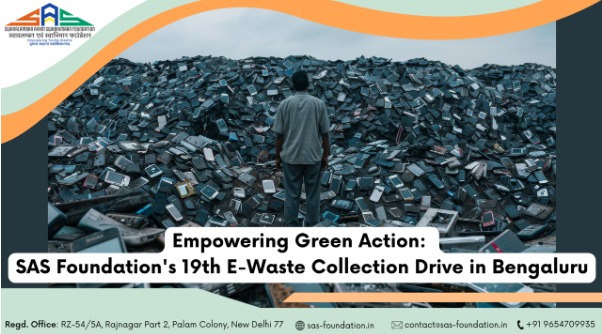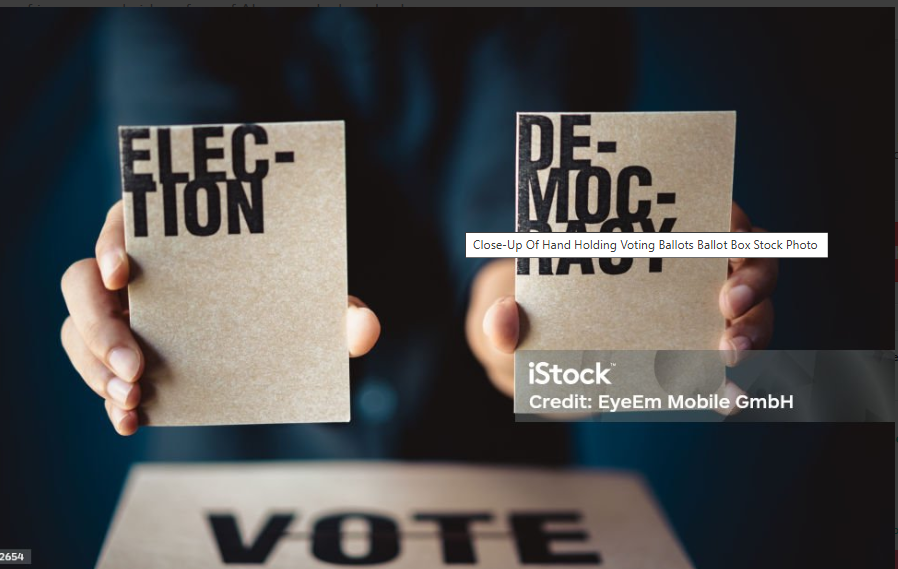Spreading Awareness, Inspiring Action: SAS Foundation and JV EdTech Medovation Host Insightful Webinar on Alzheimer’s and Dementia
In a powerful step toward building a more informed and health-conscious society, JV EdTech Medovation, in collaboration with Swavalamban Avam Swabhimaan Foundation (SAS Foundation), hosted a highly impactful awareness webinar on Alzheimer’s disease and Dementia on 24th September 2024. This online initiative was designed to increase awareness, provide accurate information, and encourage early diagnosis and care for individuals living with these cognitive disorders.
With over 90 active participants joining the session, the webinar proved that there is a growing concern and curiosity among the general public about neurological diseases and their impact on individuals, families, and society. The webinar served not only as a knowledge-sharing platform but also as a call to action for early intervention and compassionate care.
The Importance of Alzheimer’s and Dementia Awareness
Alzheimer’s and other forms of dementia are among the most pressing public health challenges of our time. Millions of individuals across the world are affected by these progressive brain diseases that gradually destroy memory, thinking ability, and the capacity to carry out simple tasks. Yet, despite the prevalence, awareness levels remain low, and stigma continues to act as a barrier to diagnosis and care.
The collaboration between JV EdTech Medovation and SAS Foundation seeks to dismantle this stigma and spark meaningful conversations about brain health. The webinar focused on equipping young individuals, caregivers, educators, and healthcare professionals with the knowledge and tools needed to identify early signs of dementia and provide empathetic support.
Expert-Led Knowledge Sharing
The session was initiated by Dr. Jyoti Dongre Rao, a passionate educator and co-leader at JV EdTech Medovation, who highlighted the importance of incorporating health education into youth and community development. She set the stage for a compelling session by emphasizing the role of proactive learning in shaping a compassionate and healthier society.
The spotlight of the webinar was on Dr. Kunal Bahrani, a leading neurologist and dementia expert. Dr. Bahrani shared deep insights on:
- The difference between Alzheimer’s and dementia, and common misconceptions
- Various types of dementia (including Vascular, Lewy Body, and Frontotemporal dementia)
- Early symptoms such as memory loss, mood changes, difficulty in communication
- The importance of early diagnosis and lifestyle changes to manage symptoms
- Recent advancements in medical research and care strategies
Dr. Bahrani’s presentation was informative and engaging, combining scientific facts with real-world implications. His ability to simplify complex neurological concepts made the session accessible to attendees from all backgrounds.
Engaging Q&A Session
The latter part of the webinar included a vibrant Q&A session, allowing participants to raise questions directly to Dr. Bahrani. From queries about hereditary factors to available therapies and coping strategies for caregivers, the discussion reflected the diverse concerns of attendees. This interactive segment turned the webinar from a lecture into a dynamic dialogue.
Participants appreciated the opportunity to engage with an expert and found the answers highly insightful. The conversation also brought attention to the lack of geriatric care awareness and the need for inclusive policies in education and healthcare systems.
Youth Engagement and Holistic Health Advocacy
The webinar concluded with a heartfelt vote of thanks from Gaurav Agarwal, CSM of SAS Foundation, who reiterated the organization’s commitment to youth health awareness and mental well-being. He emphasized that empowering youth with health education enables them to care for older family members and shape healthier communities.
This initiative is part of SAS Foundation’s broader mission to promote sustainable development goals (SDGs), particularly SDG 3: Good Health and Well-being. The Foundation regularly conducts health awareness programs in schools, colleges, and communities, covering topics such as mental health, nutrition, and preventive care.
Why This Matters
Alzheimer’s and dementia are often considered “invisible” diseases, progressing silently and stealing independence, dignity, and identity from those affected. The lack of public discourse leaves patients and caregivers feeling isolated. By bringing the topic into public forums, such webinars:
- Normalize conversations around neurological diseases
- Break down stigma and myths associated with memory loss and cognitive decline
- Encourage early diagnosis which can lead to better quality of life
- Highlight the role of youth in spreading awareness and supporting community health
The success of this event also sheds light on the power of digital platforms in democratizing access to expert-led health education. In rural and urban India alike, online webinars can bridge the knowledge gap and foster a more supportive environment for both prevention and care.
The Way Forward
Following the enthusiastic response to the Alzheimer’s and Dementia webinar, SAS Foundation plans to expand its health awareness initiatives. Upcoming plans include:
- Youth Health Ambassadors Program to train students in mental and cognitive health awareness
- Collaboration with government and private schools to implement brain health modules
- Development of vernacular content on dementia for wider regional impact
- Organizing on-ground support sessions for caregivers and families
JV EdTech Medovation and SAS Foundation aim to continue their partnership to promote not just awareness, but also action. Empowering youth, caregivers, and healthcare providers with the right knowledge can lead to earlier interventions, more compassionate care, and better societal understanding.
A Call to Action
The webinar on Alzheimer’s and Dementia was more than an educational session—it was a call to reflect, learn, and act. As India’s population ages, the demand for neurological care and awareness will rise. It is crucial to prepare communities today to address the challenges of tomorrow.
We urge everyone—students, educators, professionals, and policymakers—to take part in awareness initiatives, share reliable information, and support loved ones facing cognitive decline.
Together, we can build a world where no one suffers in silence, where caregivers are empowered, and where the stigma around mental and neurological health is finally broken.
For more updates and opportunities to engage, subscribe to SAS Foundation’s newsletter on LinkedIn: https://lnkd.in/d7Qzwvtw










